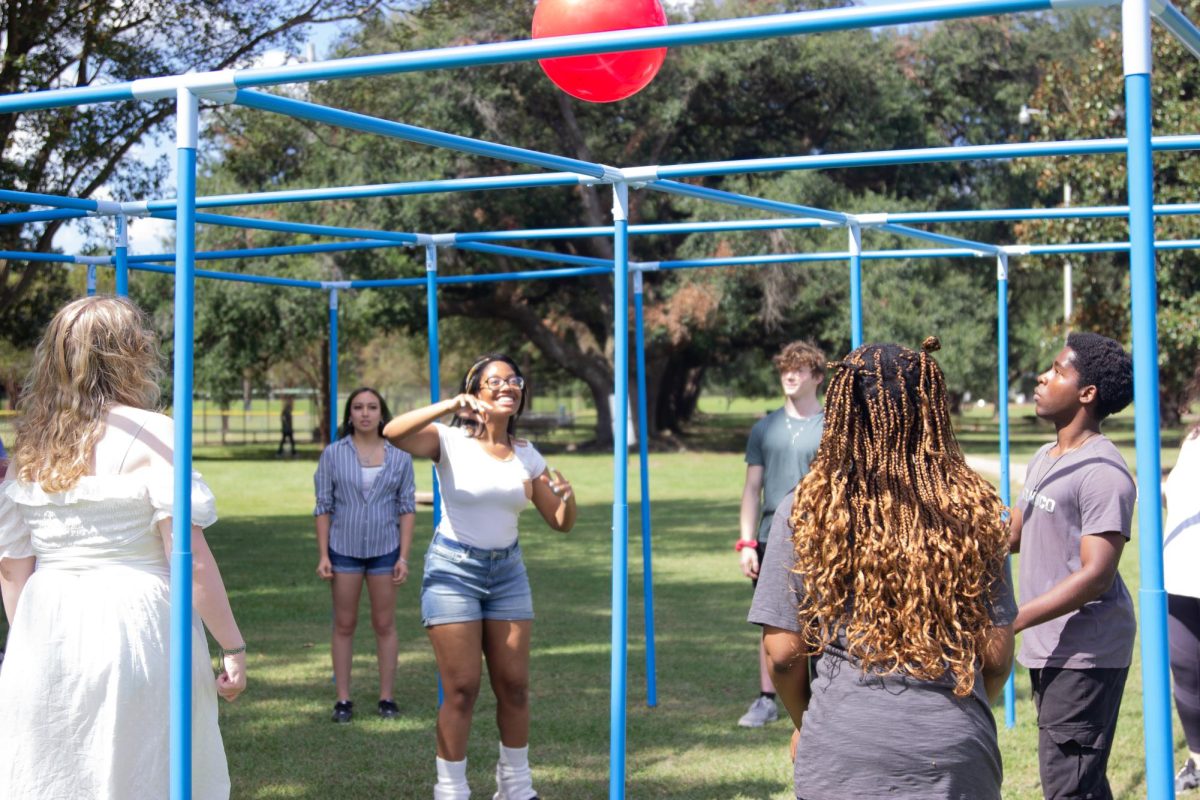College students can prevent the common health problem of dehydration, but not exactly by drinking eight glasses of water a day.
Scientists and research do not support the well-known advice to “drink eight glasses of water per day.”
An individual’s ability to stay hydrated depends on his or her physical characteristics.
According to Roxanne Sukol from the Cleveland Clinic, preventive medicine specialist, “The range of fluid intake needs is quite broad, depending on your metabolism, activity level, ambient temperature and age.”
Dehydration is a possibility for college students in a fast-paced environment dealing with stress, changes in diet and heat during the end of summer and beginning of the fall semester.
Factors that cause heat illness along with high temperatures include high humidity, dehydration, poor calorie intake, pre-existing medical conditions, certain medications and restrictive clothing as well as overexertion, according to the American College of Medical Toxicology.
College students who are physically active do not always consume the recommended or an adequate amount of fluids to stay hydrated.
Mild to severe dehydration symptoms include dry mouth, thirst, fatigue, hunger, headache and altered mental state.
Amber Kovac, a sophomore modern languages major, said she knows that dehydration can cause headaches.
Kovac prevents dehydration by drinking an entire bottle of water each morning before consuming any other beverages. She also said she tries to stop at water fountains throughout the day.
Kovac blamed college students suffering from dehydration on students not having ample time to make healthy choices.
“I want to be healthy but not really do all of things to stay healthy,” Kovac said.
Athletes and other college students who have extracurricular activities outside have an additional struggle to prevent dehydration and health problems.
Scott Knight, a sophomore Spanish education major, is a member of the Sound Of Today band.
Knight said he must deal with the extreme heat from being in the direct sunlight. Knight said he always carries a cup of water with him to prevent dehydration on and off the field.
Knight also blamed dehydration problems on college students being too busy and lacking the time to make better choices.
Knight said water and sports drinks are the best choices to keep hydrated and especially if an individual is already feeling symptoms of mild or severe dehydration.




